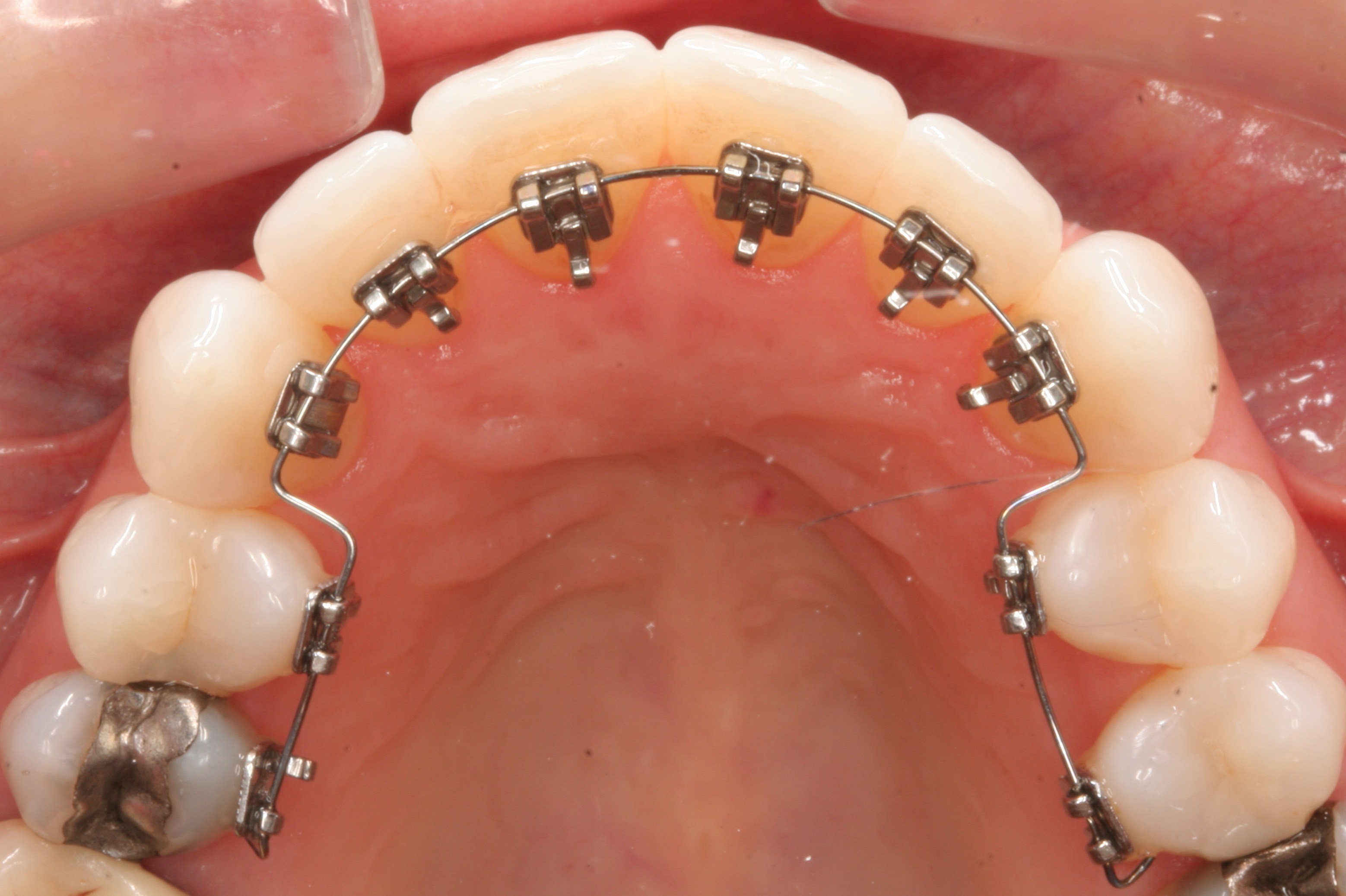It’s probably safe to say that very few people would choose to wear braces, if there were given any kind of say in the matter. They may have come a long way over recent years in terms of both comfort and effectiveness, but it still isn’t the kind of thing that brings a great deal of joy to everyday life. Which is particularly true immediately after braces are applied and following each subsequent tightening – the days and weeks afterwards often proving rather painful.
Throughout the treatment process, heading back to the dentist for a check-up every month or so can help ensure that there are no significant issues and that excessive pain is avoided. But at the same time, the very nature of braces as contraptions that physically move the teeth means they’re always going to cause a certain level of discomfort.
On the plus side, it’s only temporary. Not only this, but there are plenty of ways and means by which the pain and discomfort of braces can be reduced in the interim. So if you find yourself at your wits end and in desperate need of something to calm things down a little, give any of the following a try and you may find it to be surprisingly effective:
Ice Packs or Cold Foods/Drinks
First of all, it’s worth remembering that ice along with anything particularly cold will have the same effect in your mouth as it would anywhere else on your body. That is, by slightly numbing pain and reducing inflammation. Of course, this only applies if you do not happen to suffer from sensitive teeth and isn’t something you should get carried away with. Nevertheless, there’s no harm in using ice cubes, cold water or anything else that’s edible and cold to bring you a little temporary relief.
Salt Water
If it comes to your attention that you have developed any sores inside your cheeks and on your gums, a mild salt-water solution swilled around the mouth for 40-60 seconds can help. Alternatively, you could speak to your dentist for advice on the very best mouthwash for braces, which may likewise offer temporary relief.
Softer Foods
Given the fact that your teeth and gums are likely to be considerably more sensitive for the foreseeable future at least, it simply makes sense to be a little bit more gentle with them in general. One example of taking it easy on your mouth could include staying away from particularly hard or crunchy foods, along with anything excessively hot that may burn the inside of your mouth. If you are experiencing discomfort from sensitive teeth, the very best mouthwash for sensitive teeth could prove useful.

Massaging Your Gums
Some suggest that periodically massaging your gums in order to relax the swollen and inflamed tissue can be effective in relieving the pain and discomfort caused by braces. Nevertheless, you have to be very careful if you decide to start poking around with your fingers, as you may very well end up making things worse than they already are.
Frozen Teething Rings
Does it come across as a rather bizarre idea for a fully grown adult? Using the kinds of teething rings that are designed for babies? It might, but there are plenty of dentists who recommend freezing teething rings before placing them in the mouth, as a means by which to reduce pain and discomfort. Which when you think about it makes total sense. These are, after all, designed to be comprehensively safe and non-toxic for the mouths of babies – what could be safer for adults?
Mouth Guard
Particularly while sleeping or taking part in any sporting activities, you might want to think about investing in a mouth guard. Despite the fact that they have the potential to be somewhat uncomfortable in their own right, they can also provide a physical barrier that protects your checks and gums from the surface of your braces. If you are finding yourself regularly developing painful sores, the slight inconvenience of a mouth guard may prove to be a small price to pay for the relief it brings.
Local Anesthetic
There are many products available these days designed for a wide variety of oral health issues which contain a very gentle local anaesthetic. Often used to reduce discomfort in babies that are teething or for mouth ulcers, such products can also be extremely effective when it comes to coping with the discomfort of braces. Exactly how much you can use and how often it is safe to use these products will vary from one to the next, so be sure to ask your pharmacist and read the instructions carefully, before going ahead.
Heating Pad
If you do not have a heating pad as such, you can recreate the effect identically using a hot water bottle. Once again, this follows the same principle as it would anywhere else on the body – the addition of soothing heat helping to reduce pain and inflammation around the area to which it is applied. You of course cannot place a hot water bottle in your mouth, but this can nonetheless be an effective tactic should you find yourself with pain and discomfort in or around the jaw.
Over-the-Counter Painkillers
Last but not least, if things are really getting to you, it is always worth speaking to your dentist with regard to which over-the-counter painkillers they recommend. It’s usually advisable to turn to medication as a last resort only, but it is nonetheless comforting to know that the option is always available to you, should it become necessary.
